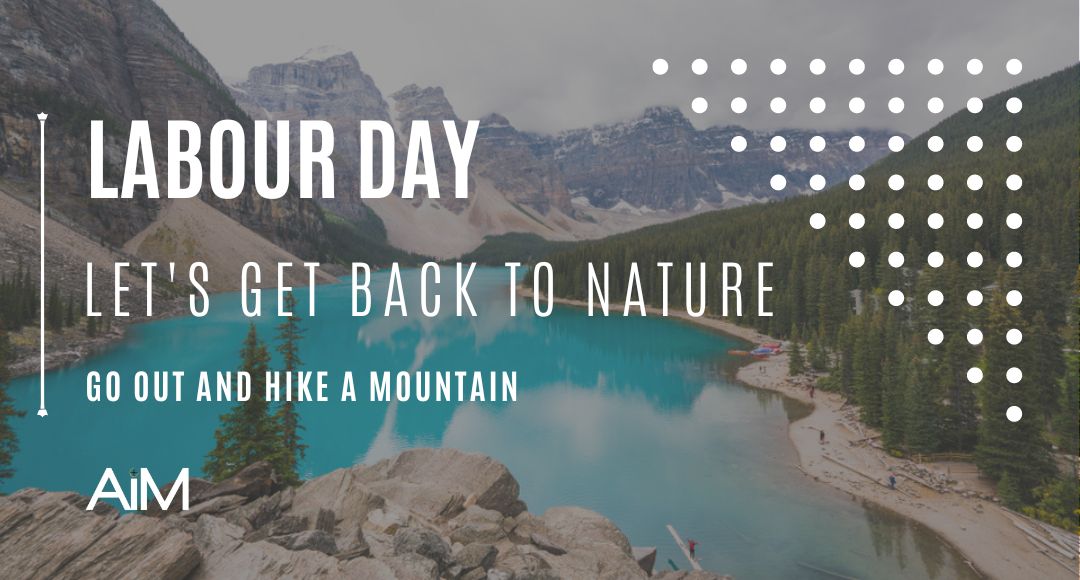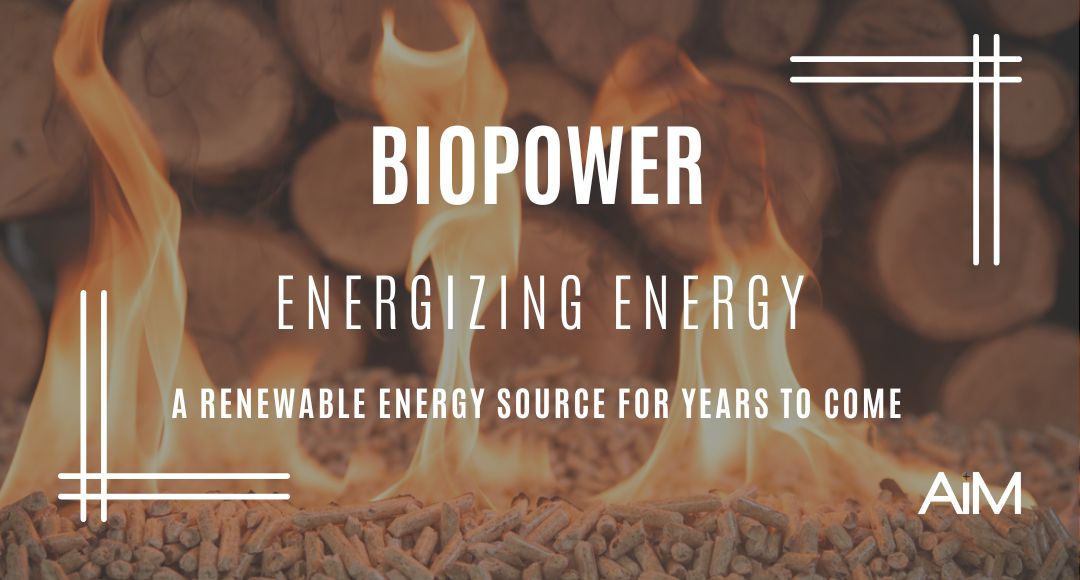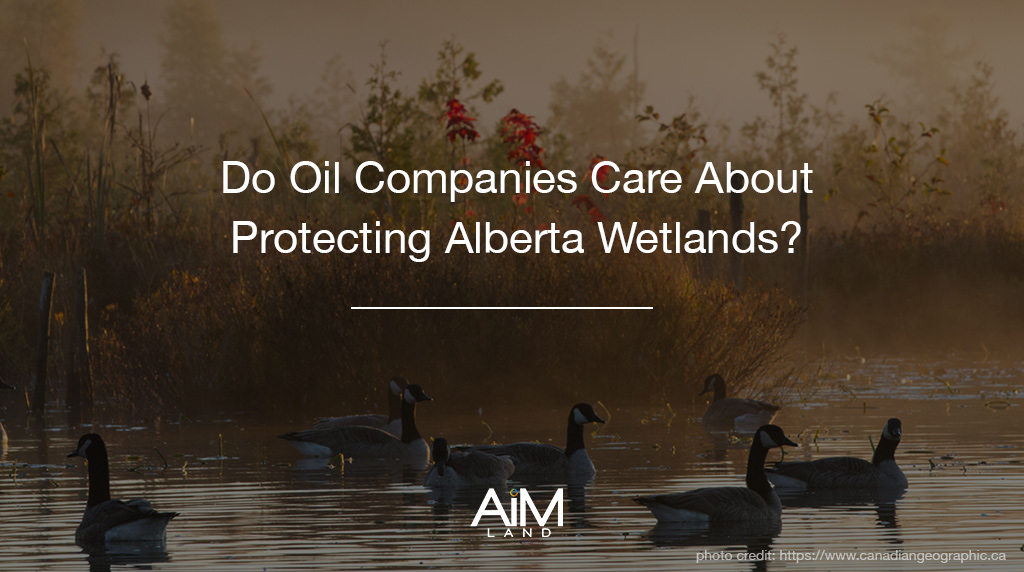
Do Oil Companies Care About Protecting Alberta Wetlands?
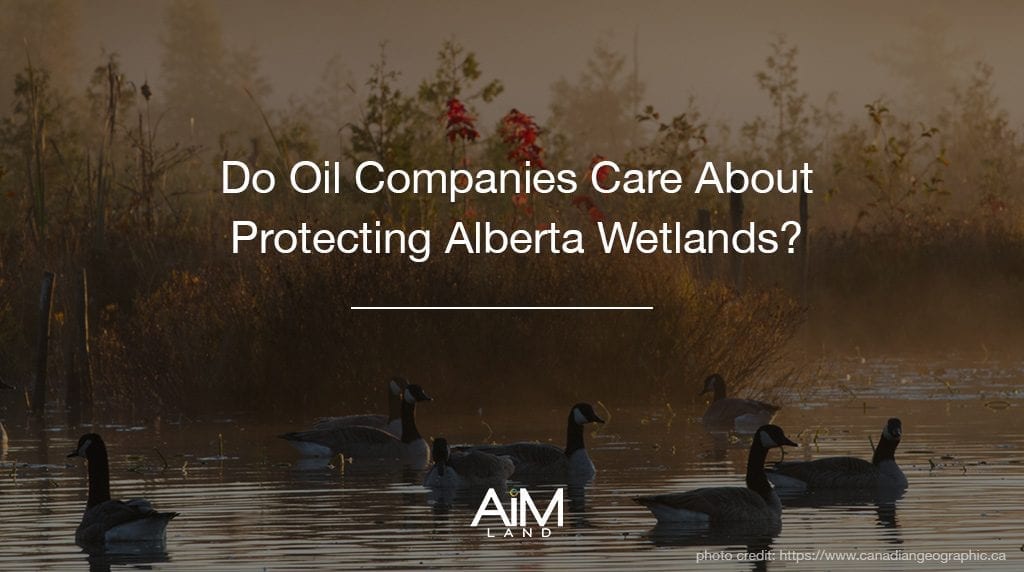
Alberta has one of the most diverse landscapes in all of Canada, from it’s open prairies, to it’s large wetlands, to the Boreal Forest and the majestic Rocky Mountains.
Many people are concerned about the impact the energy industry has had on our beautiful and sometimes fragile environment. Deservedly so, past generations did not realize the importance of protecting our different ecosystems.
For example 60 – 70% of Alberta Wetlands have been lost in the settled areas. Unfortunately in the past wetlands were viewed as unimportant and, in some cases, a liability. Wetland drainage was perceived to be in the public interest – but that is changing, science has now proven that the benefits provided by wetlands far outweigh their perceived liability.
Of all the ecosystems in the world, wetlands are one of the richest in biodiversity. In fact, they’re second only to rainforests. Canada has 1/4 of all the wetlands in the world. In Alberta, about 20% of the province is covered by wetlands.
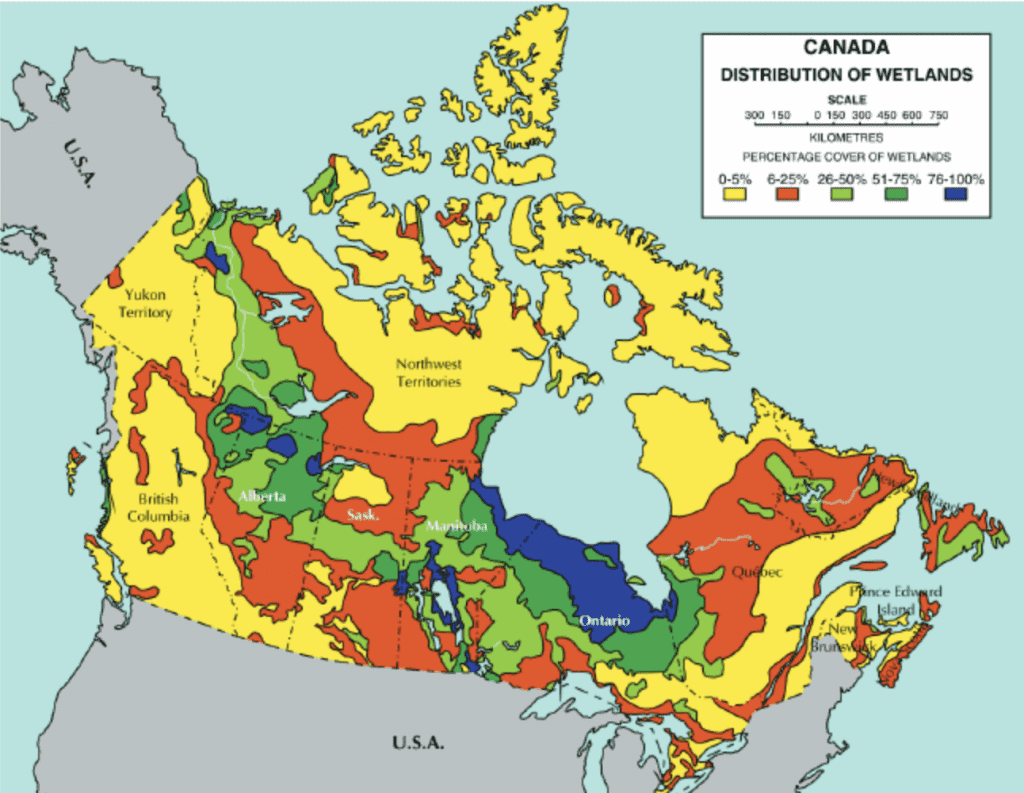
Wetlands are low-lying areas of land covered by water for periods of time long enough to support aquatic plants and wildlife as part of their life cycle. They are vital to the sustainability of ecosystems as they filter water, store carbon, recharge groundwater, protect biological diversity and act as flood protection.
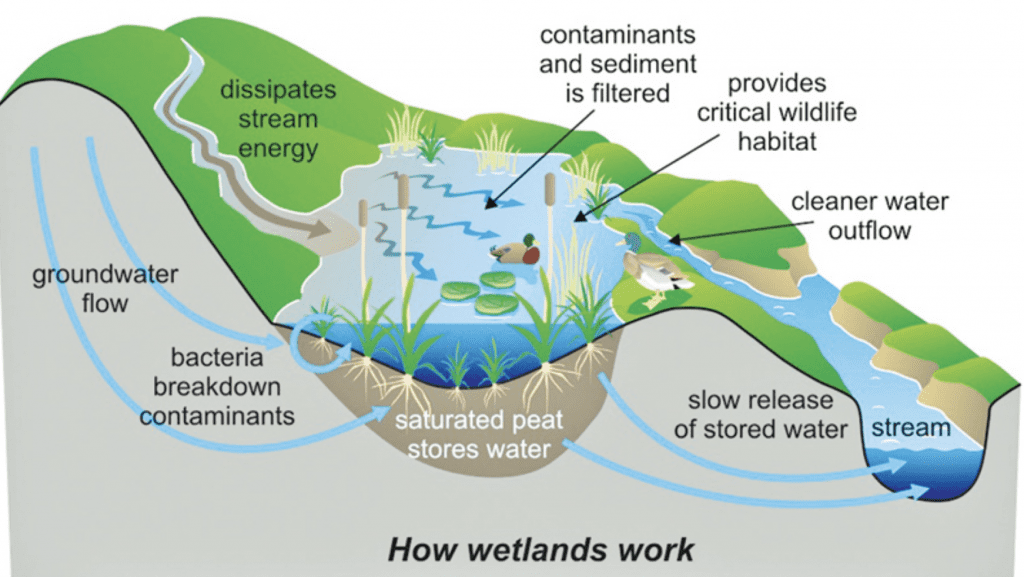
They are an important defence against flooding, drought and soil erosion. Not to mention, every year, Alberta hosts 8 million waterfowl and 20 million shorebirds that come to nest and raise their young. http://www.oscaalberta.ca/wp-content/uploads/2015/08/Canadas-Wetlands-Fact-Sheet.pdf
An example of one of the most colorful water-bird species found in the Alberta Wetlands is the Wood Duck. The species suffered a serious decline and near extinction in the late 19th century. Through conservation efforts — including habitat preservation — the Wood Duck numbers have been brought back.
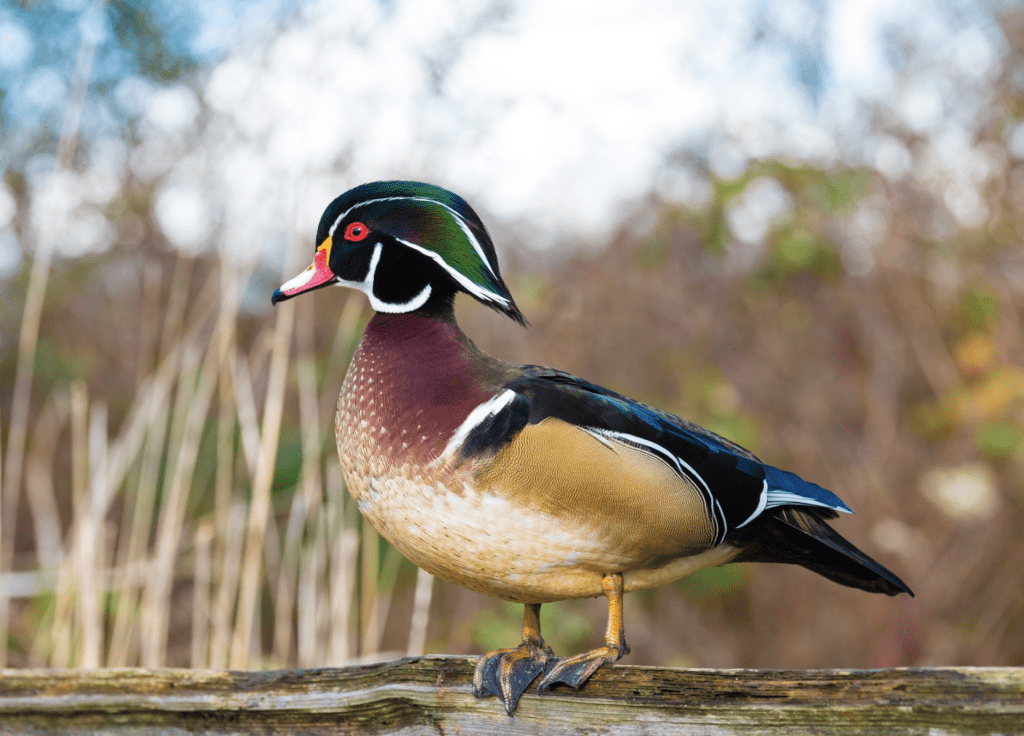
Wetlands loss is a complex and long-term problem that demands a collaborative solution. Alberta wetlands are one of the most important ecosystems the energy sector works to conserve, restore, protect, and manage.
Ducks Unlimited Canada and the Alberta energy industry is determined to reverse the damage done to Alberta’s wetlands and prevent future damage. As such, Alberta is home to Ducks Unlimited’s largest concentration of habitat projects, with more than 2,000 projects covering 2.3 million acres.
The wetland and grassland areas energy companies are helping to conserve are some of the most important ecosystems on the planet. Programs like Ducks Unlimited’s Revolving Land Conservation Program is seen as progressive and hopeful for both industry and environment. It works like this – Ducks Unlimited purchases land with high conservation value and restores the wetlands and grasslands on the property. The land is then sold back to producers with a conservation easement placed on the title. The easement protects the natural habitat, while allowing subsequent owners of the property to use the land in their operation through haying or grazing. Funds from the sale of the land provide DUC with the capital to repeat the cycle.
“Proceeds of the land sale are then used to fund more restoration projects, preserving the land for future generations” said Cathy MacKenzie, communications specialist with Alberta Ducks Unlimited Canada.
The program is also designed to keep land in the hands of private owners. It supports agricultural interests, while protecting important areas for conservation—delivering both economic and environmental wins.
“We’ve received generous support for our wetland restoration projects and education programs from pipeline companies.” Ross Curtis, head of industry and government relations for the B.C. and boreal division of Ducks Unlimited Canada.
Canada’s oil and natural gas industry understands the importance of our wetlands and is committed to reducing its footprint and is reclaiming all land affected by operations. As well organization like the Canada’s Oil Sands Innovation Alliance (COSIA) works as an alliance of oil sands producers that are focused on accelerating the pace of improvement in environmental performance through collaborative action and innovation. www.cosia.ca.
“Restoring vegetations and wetland ecosystems contribute to carbon sequestration.” said Danielle Speers, a biologist who works as an Environmental Advisor with Imperial Oil.
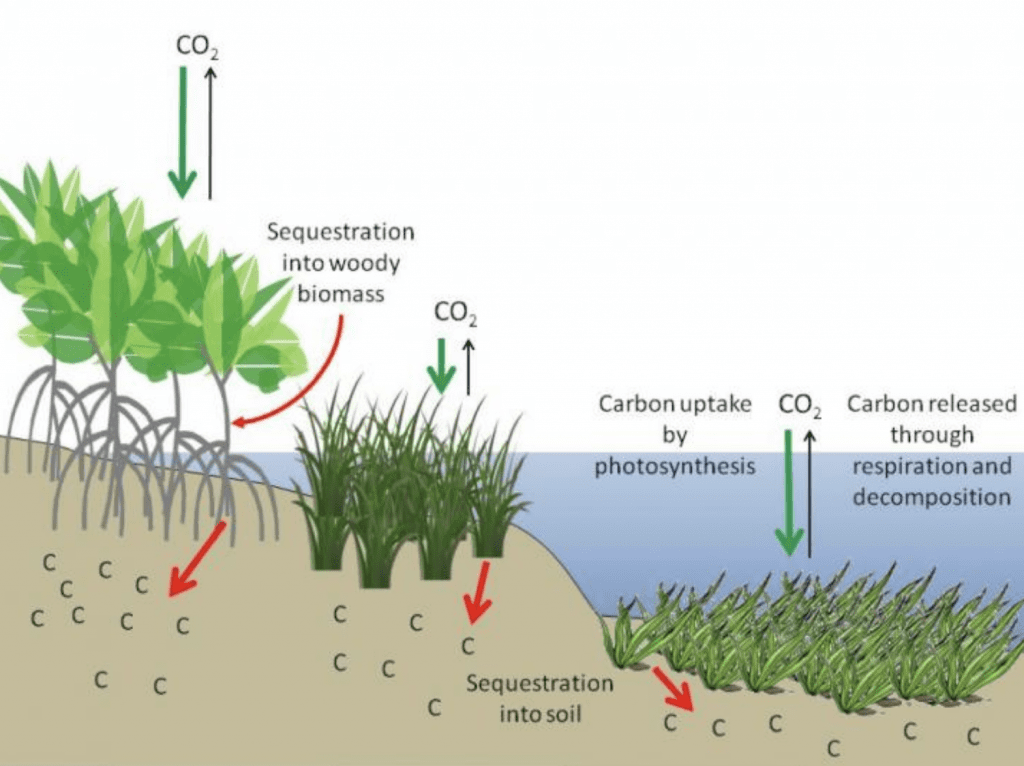
The Alberta Government also has a Wetland Policy that’s in effect province-wide. The policy minimizes the loss and degradation of wetlands, while allowing for continued growth and economic development in the province.
The oil and gas industry continue to work cooperatively with regulators, academics, elected officials, and environmental groups to find and implement comprehensive solutions. As a result, people living in the area have much to gain. Wetlands continue to naturally filter harmful nutrients and pollutants from water, keeping lakes and rivers clean. They store large amounts of carbon, keeping it from being released into the atmosphere as greenhouse gas. They also reduce the effects on communities from costly and devastating floods.
By collaborating with industry, government, landowners and volunteers, many natural wetland areas in Alberta are being brought back to life. We’ve all discovered that thriving economies and thriving ecosystems go hand-in-hand.
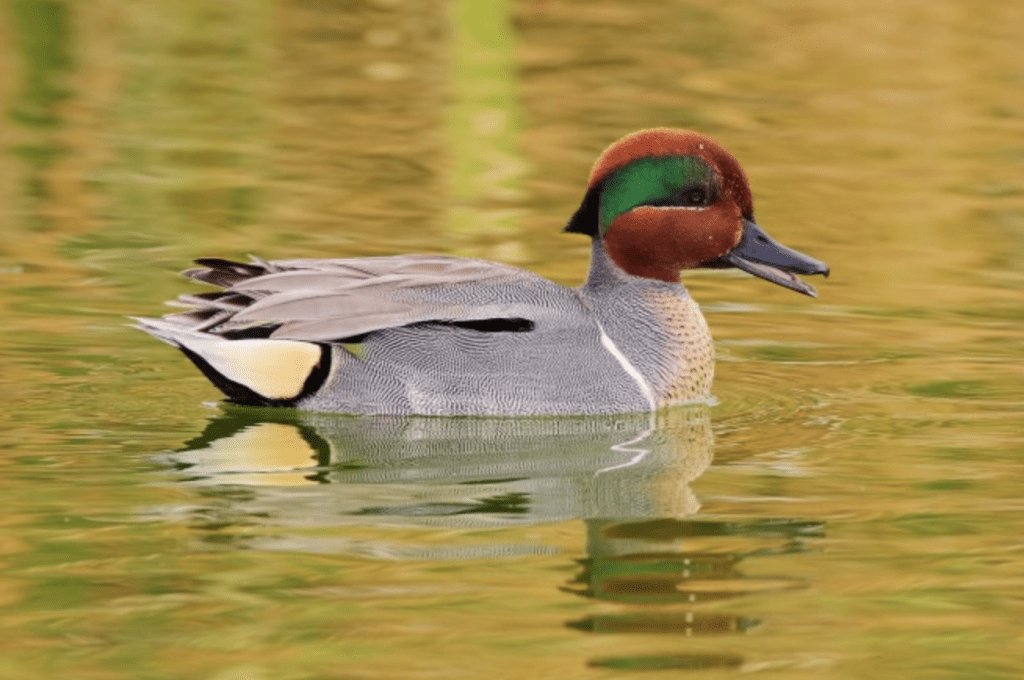
Meet Janine Wildschut, Ph.D., P.Biol – Leader of AiM’s Reclamation & Remediation Division – Janine is happy to meet with you to discuss Alberta wetlands and your project.

Janine Wildschut, Ph.D., P.Biol
Manager Remediation + Reclamation
D: 403-648-5447
C: 403-815-6815





